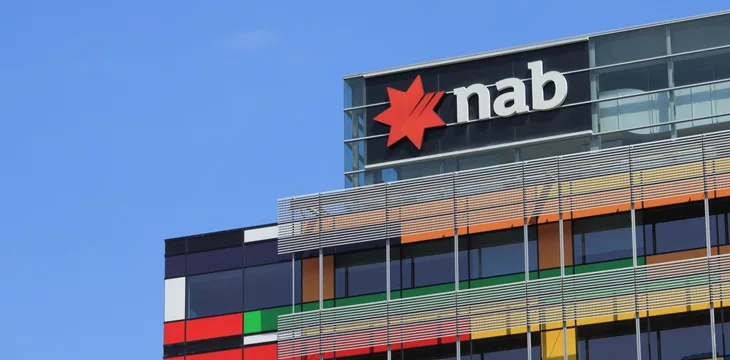|
Getting your Trinity Audio player ready...
|
One of Australia’s largest banks is banning payments to ‘high-risk’ digital asset exchanges to reduce cases of fraud and scams. The National Australia Bank (NAB) (NASDAQ: NAUBF) didn’t name specific exchanges to be affected by the restriction, but local reports indicate Binance may be at the top of the list.
NAB halted A$270 million (US$184 million) worth of customer payments that raised scam concerns between March and July, the ‘Big Four’ bank revealed in its Monday announcement.
We've helped stop $270 million in suspicious payments in four months, with 12% of payments in the app abandoned before sending. 💳🚨
— NAB (@NAB) July 17, 2023
The measures included cracking down on criminals who exploit payment prompts on the NAB mobile app. NAB clients reportedly abandoned 12% of payment prompts, averaging A$197,000 daily.
In additional measures to protect its customers, the bank is now banning payments to “high-risk cryptocurrency exchanges.” NAB cites recent data from the Australian Financial Crimes Exchange that revealed 50% of all scams reported by Aussie investors were crypto-related in a recent 30-day period.
The Australian Competition and Consumer Commission also reported that investors lost A$150 million to digital asset scams last year.
“These scammers are part of organized, transnational crime groups. Increasingly, we’re seeing them use cryptocurrency platforms to send stolen funds quickly and often overseas,” commented Chris Sheehan, the bank’s Head of Investigations and Fraud. “We want to make it as hard as possible for these criminals and reduce the impact on our customers.”
NAB didn’t disclose which exchanges will be affected, although Sheehan notes: “You’ve got ‘crypto exchange A’ that we have concerns with, and we’re not going to allow payments go there.”
On whether the ban would affect Binance, Sheehan reportedly told one local outlet, “Our approach is going to be consistent with the rest of the industry.”
This consistency will likely affect Binance. Other Big Four banks have recently banned payments to the exchange, including Westpac (NASDAQ: WEBNF) and the Commonwealth Bank (NASDAQ: CBAUF), the country’s largest bank.
Payment services providers have also blackballed Binance. Cuscal cut the exchange off in May, forcing it to halt fiat deposits and withdrawals.
Aussie banks crack down on crypto crime
The ban on digital asset exchanges by major Aussie banks comes amid increasing pressure from regulators for banks to do more to protect customers against scams.
Australia’s House of Representatives has been pushing for banks to refund scam victims. This would be similar to new regulations in the U.K. in which banks will now have to refund scam victims within five days, a move aimed at making banks more proactive in curbing fraud.
Australian banks have resisted the proposal, claiming it would only incentivize scammers. NAB’s Sheehan recently claimed that such a move would also encourage financial recklessness among customers.
“If the argument is ‘just make the banks pay,’ it doesn’t stop the underlying criminality nor our communities in the long run because the money is still going to activities that harm our society,” Sheehan told one news outlet.
By blocking the exchanges, NAB and the other major banks would reduce the number of scammers targeting its customers in readiness for the looming law.
However, despite the continued crackdown on digital assets, bank payments were the most popular payment method to scammers, accounting for 13,000 reports last year. Digital currency payments to scammers accounted for 4,000 reports, according to a study by the country’s consumer protection agency.
Gregory Ward: BSV blockchain is an absolute fit for cybersecurity

 03-03-2026
03-03-2026 




